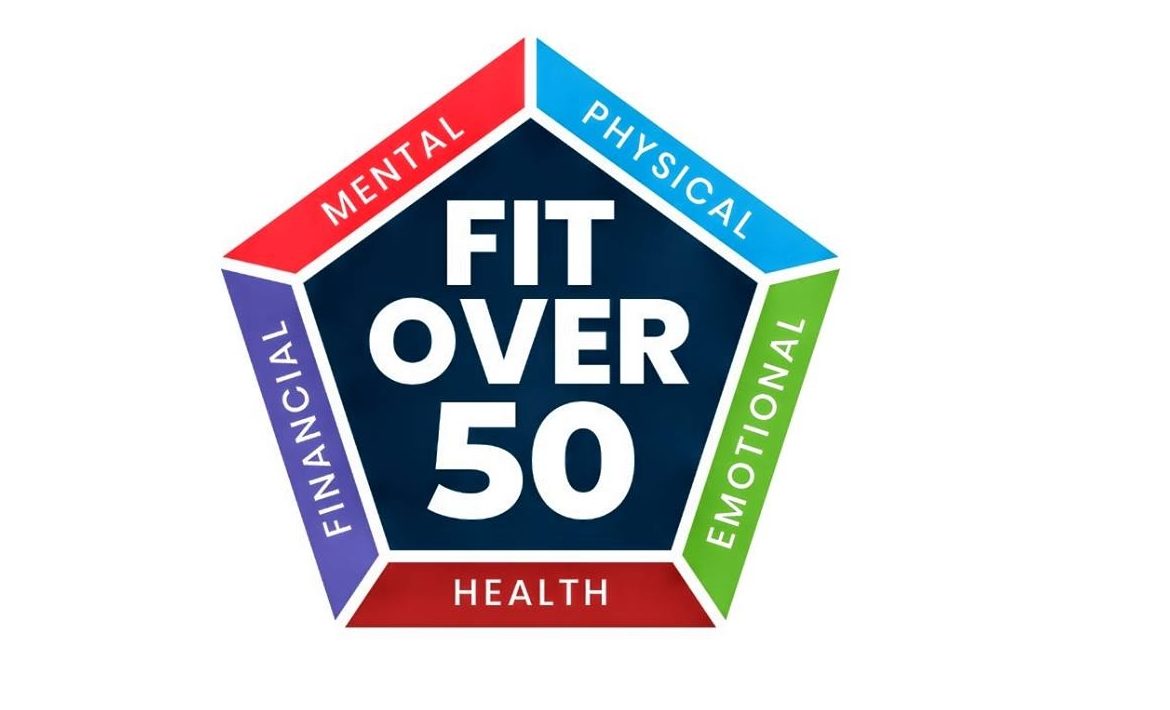
Regarding gratitude, there’s a lot of research to back up the claims of its benefits. From reducing stress and improving sleep quality, to increasing happiness and overall satisfaction with life, gratitude is one habit that can do a world of good for your well-being.
So what does the research say specifically about the benefits of gratitude? Here are some key findings:
Gratitude Can Boost Your Immune System
Gratitude has positively affected our lives, including simply boosting our immune system. In a study, researchers looked at how gratitude affects our immune system.
The study found that people who expressed gratitude for things like their health and relationships had more robust immune systems than those who didn’t express gratitude.
So why does gratitude have this effect on our immune system? The researchers believe that it has to do with the fact that gratitude helps us focus on the good things in our lives, which in turn makes us happier and healthier.
When we’re happier and healthier, our immune system is more substantial and better able to fight off infection and disease.
Gratitude Improves Sleep Quality
.Did you know that gratitude journaling can have some fantastic benefits? According to a study, people who kept a gratitude journal slept better, had fewer symptoms of illness, and felt more energetic than those who didn’t own a gratitude journal.
Gratitude journaling is a great way to focus on the good things in your life and reflect on all your blessings. It can help you appreciate simple things and improve your mood and outlook on life.
Gratitude Reduces Stress Levels
More grateful people had lower levels of cortisol. Cortisol is a hormone released in response to stress, so it’s no surprise that more grateful people tend to be less stressed out.
There are many reasons why being grateful can help to reduce stress. For one, gratitude can help you to focus on the positive things in your life, which can help to minimize negative thoughts and emotions.
Additionally, gratitude can help you feel connected to others, providing social support and reducing feelings of loneliness or isolation. Finally, gratitude can also help you to appreciate the moment and enjoy life more, which can help to reduce stress levels.
Helps With Stress And Happiness
So if you’re looking for a way to reduce stress, try expressing gratitude more often. It may seem simple, but it can be effective!
Gratitude increases happiness levels. A study published in the Personality and Social Psychology Bulletin showed that more grateful people were happier and more satisfied with their lives.
How Does Gratitude Impact Stress?
Gratitude is one of the most effective ways to reduce stress. When we take a moment to be grateful for what we have, even when things are tough, it can help us feel more positive and relaxed. Gratitude shifts our focus away from our problems and toward the good in our lives. It also helps us connect with others, deepening our social relationships and providing support during tough times.
How Does Gratitude Impact Happiness?
Gratitude is a powerful emotion that can have a profound impact on happiness. When we express gratitude, we acknowledge the good in our lives and give thanks for those things. This simple act can brighten our mood and make us happier.
Gratitude also has a ripple effect, spreading happiness to the people around us. When we are grateful, we tend to be more upbeat, infecting those around us with good vibes. Gratitude also strengthens relationships, creating a sense of connectedness and appreciation.
Overall, gratitude is a crucial ingredient in creating a happy life. It helps us focus on the good in our lives, brings happiness to those around us, and strengthens relationships. If you want to be happier, start by being grateful for the interest in your life.
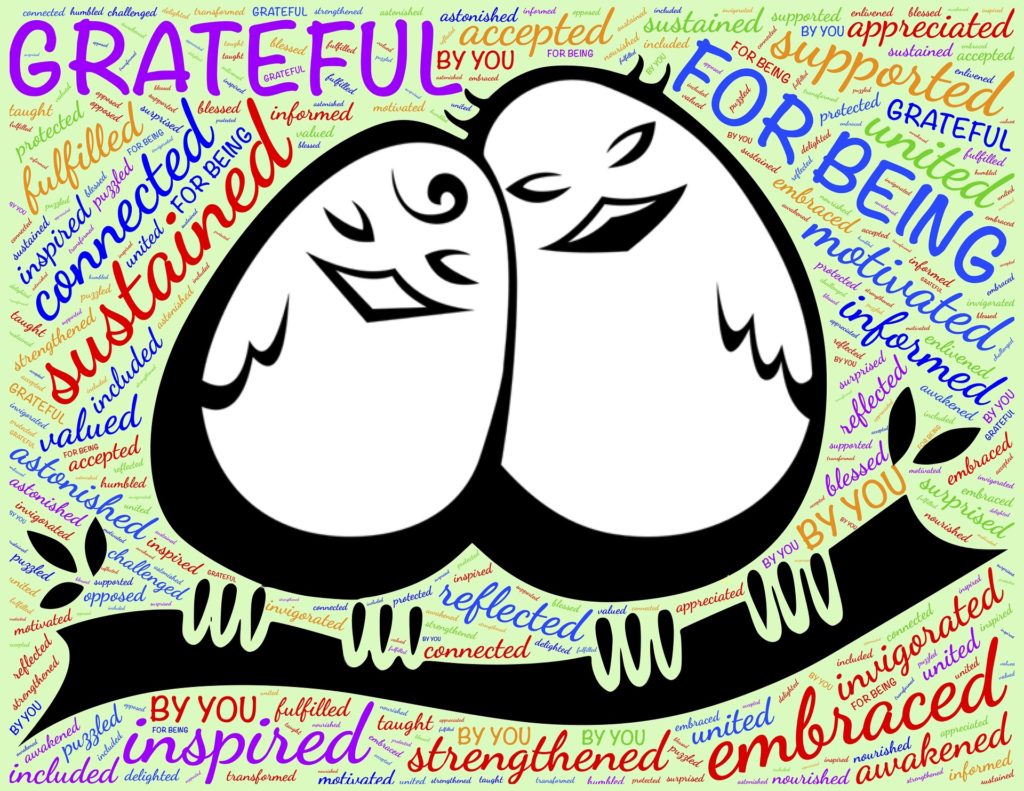
What Are The 5 Steps To Create A Gratitude Journal?
Choose A Journal That Inspires You.
When it comes to gratitude journals, finding the right one for you is essential. Not only do you need to find one that inspires you, but you also need to find one that will make you happy. This means the journal needs to have beautiful artwork or inspiring quotes on each page.
If you can find a journal like this, it will help to keep you motivated throughout the year. Opening up your journal and reading through some positive messages will remind you of all the good things in your life when you’re feeling down. And, over time, this can help to shift your focus from the negative to the positive.
Set Aside Time Each Day To Write In Your Journal
When you start your day by thinking about what you’re grateful for, it sets the tone for the rest of your day—practice gratitude letter writing. You’ll be more likely to have a positive outlook and be more patient with the things that go wrong.
In addition to being grateful for the big things in your life, try to think about the small stuff too. Learn to do gratitude exercises and search for something for which to be grateful.
Gratitude encompasses being grateful for the sun shining or a good cup of coffee. It can help you focus on the positive aspects of your day.
Reflect On The Good Things
Taking time each day to write in your journal can help you reflect on all the good things that have happened. It can also help you identify areas where you need to make some changes.
Writing in your journal can be a great way to work through your feelings if you’re feeling down. Putting your thoughts and feelings down on paper can help you understand them better and progress towards feeling better.
Be Specific In Your Journal Entries
Being grateful is one of the most important things we can do in our lives. It helps us focus on positive things and keeps us grounded. As we head into the holiday season, it’s a good time to think about all the things we’re grateful for.
Here are some of the things For Which I’m grateful
I’m grateful for my family because they always support me no matter what. My parents have always been there for me; my brothers and sisters are my best friends. I know they’ll always be there for me when I need them.
I’m grateful for my friends. I have some of the best friends in the world, and I know they’ll always be there for me no matter what. We’ve been through a lot together, and I know we’ll be friends forever.
I’m grateful for my health. I know that not everyone is as lucky as me, and I’m thankful that I can stay healthy and active every day.
I’m grateful for my job. It’s not always easy, but it’s something that I love doing. Every day, I get to learn new things and help people, which I’m really proud of.
Gratitude works. Feeling appreciation will enhance your life in ways you probably cannot perceive today. It will bless you with significantly better mental health.
Write About Both Big And Small Moments
Both big and small moments can make us grateful. We can be thankful for the big life events, like getting married or graduating college, and for the small everyday moments, like discovering a parking spot right near our destination or finding a $5 bill on the street.
Be Grateful For Both Moments
Big moments are often memorable because they are rare, and we can appreciate them more when we take the time to reflect on them. Small moments can be just as valuable, though, because they happen daily and remind us of the good in life.
When we focus on being grateful for big and small moments, we can enjoy life more fully. We savor the good times and can better deal with the tough times. Gratitude is a powerful tool that can help us live happier lives.
Revisit Past Journal Entries
When you take the time to revisit your gratitude journal entries, you’ll likely be surprised at all the good things that have happened in your life. You may have forgotten about some of the happy moments you’ve experienced, but remembering them can help you stay positive and hopeful for the future.
So take a few minutes to read through your old entries and think about all the good things that have come your way. Be sure to celebrate each and every one of them, because they’re all part of what makes up your wonderful life.
Read About The Aging Of America
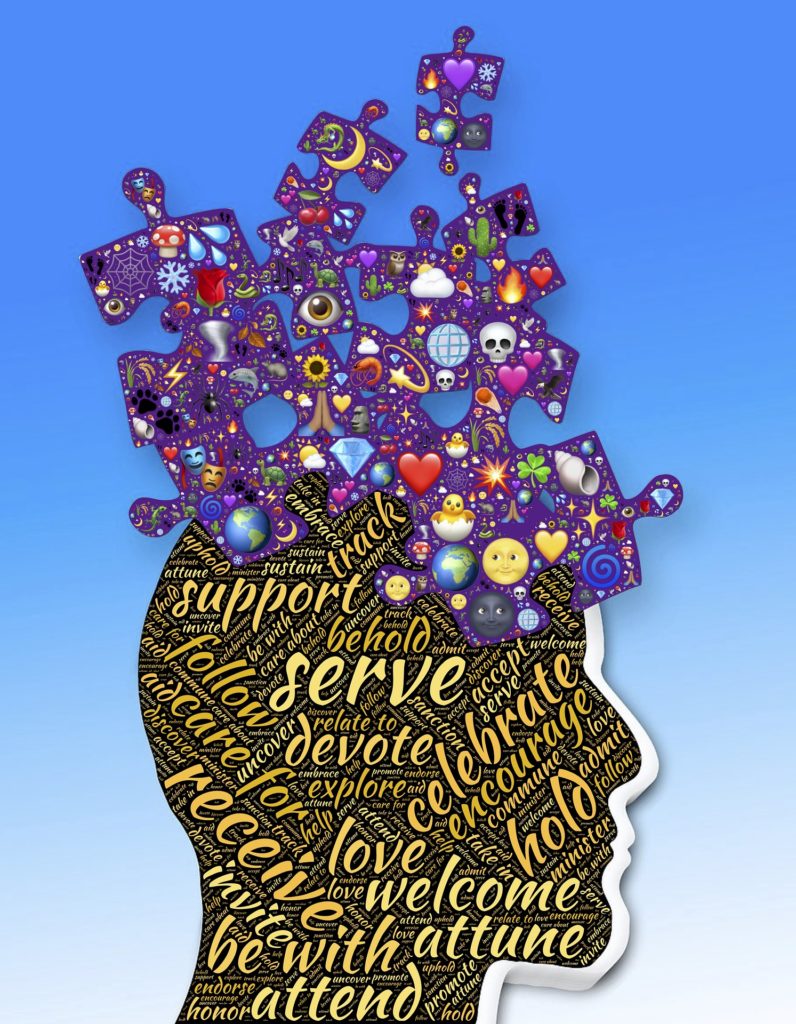
Positive Emotions, Joy, Gratitude, And The Brain
The science of gratitude is relatively new, but the benefits of gratitude are vast. Studies have shown that feeling grateful makes us happier and has many physical and mental benefits.
Focus On The Positive And Not The Negative
Gratitude helps us to appreciate what we have rather than focusing on what we lack. This can lead to a more positive outlook on life and a greater sense of happiness. Gratitude also encourages us to be more generous and compassionate. It can increase our understanding of self-esteem and self-worth.
Gratitude has been shown to have several mental and public health benefits. It can help reduce stress and anxiety and improve sleep quality. Gratitude can also help to improve mental health conditions such as depression and bipolar disorder.
The Physical Benefits
Physical benefits of gratitude include improved immune function, reduced pain perception, and better heart health. One study found that people who wrote about gratitude every day for eight weeks significantly increased their levels of interleukin-6, an immune system cytokine that is important for fighting infection and inflammation.
A Positive Effect On All Aspects Of Our Lives
So why is gratitude so beneficial? It seems that gratitude creates positive feelings in all aspects of our lives – our physical health, mental health, and overall happiness. It’s no wonder many people advocate for more gratitude in our lives!
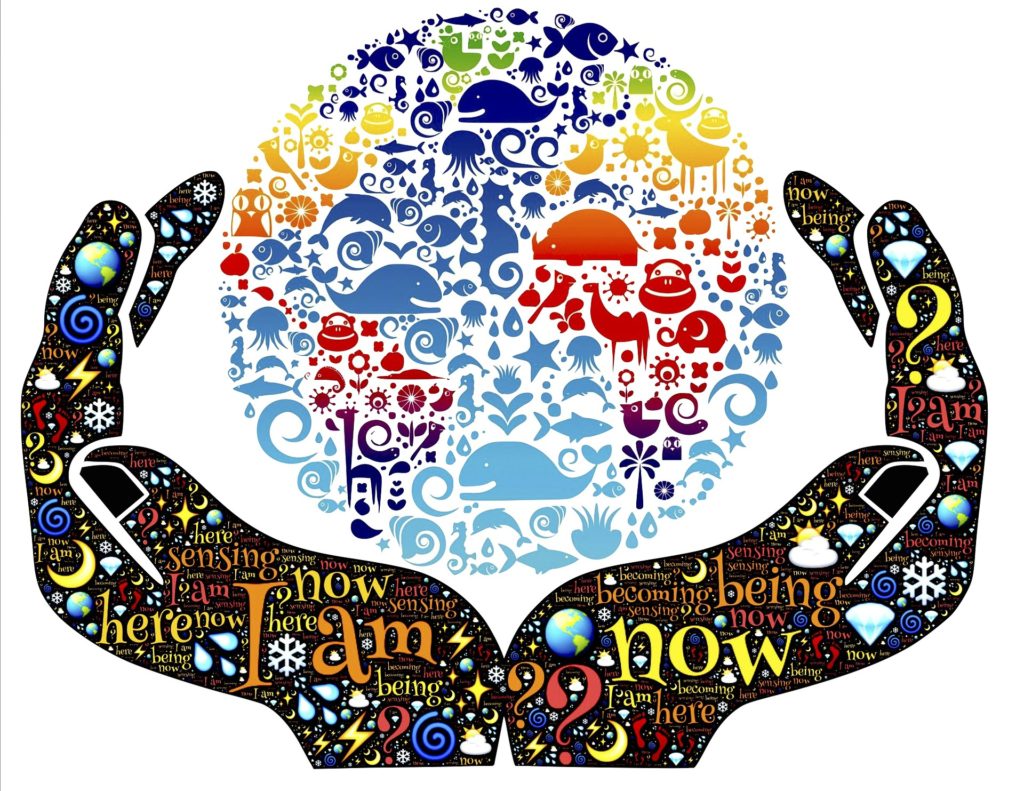
How Does Expressing Gratitude Affect The Brain?
When someone does something kind for us, our first reaction is often gratitude. It’s the simplest way to show someone that we appreciate them, and it has a lot of benefits for both the recipient and the giver. But what exactly is gratitude, and why does it have such a positive effect on our brains?
Gratitude is “the quality of being thankful; readiness to show appreciation for and to return kindness.” It’s a feeling of thankfulness for what we have, both good and bad. And it’s not just a mental state – gratitude can also be expressed through words or actions.
Activates The Brains Reward System
So why is gratitude so beneficial? One reason is that it activates the brain’s reward system. When we experience gratitude, our brains release dopamine, which makes us feel happy. Gratitude also encourages positive social interactions, strengthens relationships, and can even improve sleep quality.
It Helps Us To Focus On The Positive
But perhaps the essential benefit of gratitude is that it helps us focus on the positive things in life. We’re less likely to dwell on negative experiences or emotions when we’re grateful. This can lead to increased happiness, optimism, and overall well-being.
So if you want to feel happier and more positive, start expressing gratitude more often. Thank your friends and family for their kindnesses, write thank-you notes, or take a moment each day to reflect on all the things you’re grateful for. You’ll be surprised at how much better you feel once you focus on the good in your life.
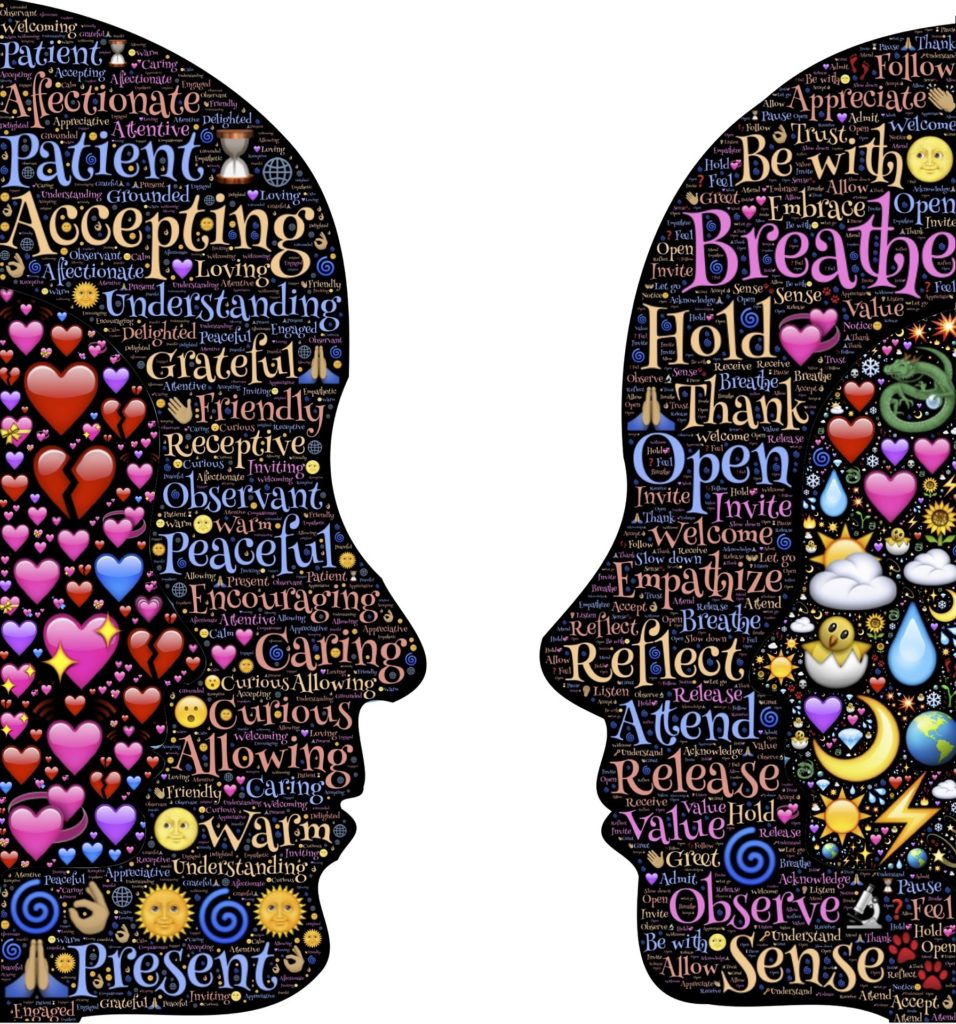
Practicing Gratitude Frees Us From Toxic Emotions
Start practicing gratitude if you want to be happy, grateful, and emotionally healthy. It’s that simple.
Boosts Emotional Health
Gratitude is one of the simplest and most effective ways to boost your emotional health. Focusing on what’s good in your life frees up space in your mind for positive emotions. And it’s not just a feeling. Gratitude has been shown to have tangible benefits for mental health, including reducing stress and anxiety, improving sleep, and boosting immune function.
How Do You Start?
So how can you start practicing gratitude? One way is to keep a gratitude journal. Every night before bed, take a few minutes to write down five things you’re grateful for that day. It could be something as simple as the sun shining or your dog wagging his tail when he sees you. It is essential to focus on the good things, no matter how small they may seem.
Express Your Gratitude Vocally
Another way to practice gratitude is to express it out loud. Thank your partner for dinner, tell your kids how much you love them, or thank a friend for helping you out. Expressing gratitude aloud helps solidify it in your mind and makes you more likely to feel thankful.
No matter how you do it, the key is to make gratitude a habit. And like any habit, the more you do it, the easier it becomes. So start today and see how much better you feel!
How To Cultivate Gratitude For Your Mental Health?
The benefits of gratitude are many, and gratitude is something that can be cultivated. To cultivate gratitude, it is first essential to understand what gratitude is. Gratitude is appreciating what is valuable and good in one’s life. It is a thankful response to the gifts of life.
Reap The Tremendous Benefits
One of the reasons gratitude is so beneficial is because it helps us to focus on the positive aspects of our lives.
When we focus on the positive, we can appreciate the good things that are happening, and this has a positive effect on our mental health. Gratitude also allows us to connect with others and build relationships.
Gratitude Benefits Relationships
We tend to be more compassionate and forgiving towards others when we feel grateful.
Gratitude is also beneficial because it can help us to cope with stress and difficult situations.
When we feel stressed or overwhelmed, taking a few minutes to focus on things for which we are grateful can help improve our mood and make us feel better. In difficult times, gratitude can help us to maintain our hope and resilience.
Cultivating Is Not Easy
Cultivating gratitude is not always easy, but there are some things that you can do to make it easier.
One thing you can do is keep a journal of things for which you are grateful. This can help you stay focused on your life’s positive aspects, even when things are tough. You can also try to practice “gratitude moments” throughout your day. These are moments where you take a few minutes to reflect on all the good things that have happened that day.
Another thing you can do is find ways to express your gratitude towards others. Thanking someone for a kind deed or expressing appreciation for someone’s friendship can make them feel valued and appreciated.
Finally, try not to take the good things in your life for granted. Appreciate the people and things you have in your life and be thankful for the blessings you have received.

Tell Me The Meaning Of Gratitude?
Gratitude is a feeling of thankfulness and appreciation. It’s a response to good things, both big and small. When we’re grateful, we feel happy and content. We also tend to be more positive and forgiving.
Gratitude has many benefits. It can make us happier and more positive, help us connect with others, and be more resilient. Studies have shown that gratitude can even improve our physical health!
Gratitude Is Beneficial For Mental Health
People often say that being grateful is one of the most important things you can do for your mental health. Focusing on the good things in your life makes it easier to stay positive during tough times. Gratitude also helps us appreciate the simple things in life, which can bring us joy.
So why not try being more grateful? It’s easy to get started. Just take a few minutes each day to think about the things you’re thankful for. You can also express gratitude to the people in your life by telling them how much you appreciate them. If you want to go further, try writing down what you’re grateful for every day or keeping a gratitude journal.
A Brain Built On Gratitude
Gratitude is one of the essential things in life. Without gratitude, we would be lost. When we are grateful, we appreciate all the good in our lives. Gratitude makes us happy, and it makes us feel good about ourselves.
Gratitude Is An Attitude
Gratitude is more than just a feeling, though. It is also an attitude. When we are grateful, we are thankful for what we have. We don’t focus on what we don’t have. This is a crucial attitude because it makes us happier and helps us be more positive.
Gratitude is also a way of life. We can show our gratitude by being kind to others and by thanking them for the things they do for us. We can also display our gratitude by being kind to ourselves. We can forgive ourselves for our mistakes and be proud of ourselves for our accomplishments.
Gratitude Builds Relationships
Gratitude is a great way to build relationships too. When we are grateful, we are more likely to help and be friendly towards them. We are also more likely to forgive others when they make mistakes. This makes our relationships more substantial and helps us build better friendships.
Gratitude is a powerful force that can change our lives for the better. We are happier, more positive, and more friendly when we are grateful. We also have stronger relationships with others. Gratitude is a great way to live a happier life and make the world a better place.

Why Does Gratitude Matter?
Gratitude is one of the most powerful emotions that we can experience. It is essentially thankfulness for good in our lives and has been shown to have many benefits. Here are just a few:
Gratitude helps to boost our moods and makes us happier. It also shifts our attention away from negative emotions like envy and resentment.
To Sum It All Up
Appreciate The Good In Your Life
Gratitude helps us to appreciate the good in our lives, which can help us to weather difficult times. It also strengthens our relationships, as we are more likely to feel grateful for the good we see in others.
Gratitude can improve our physical health, as it has been linked with lower stress levels and better sleep habits.
These benefits make gratitude a keystone emotion we should all strive to cultivate.
When we are grateful, we are happier, more content, and less likely to dwell on negative emotions or experiences.
We are also more likely to appreciate the good in our lives, which can help us through tough times.
Finally, gratitude has some tangible health benefits as well. All of this makes gratitude a powerful force for happiness and well-being!
This Article Might Interest you as well
Like Our Face Book page
